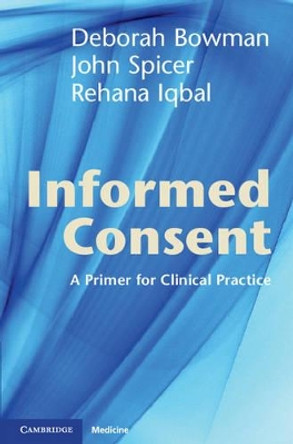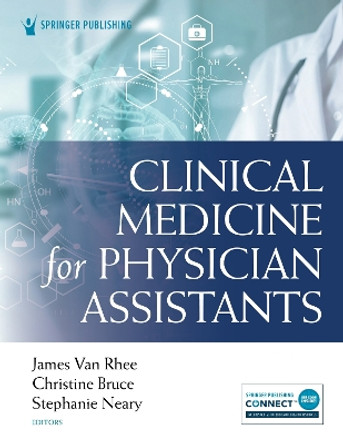Description
The purpose of this book is to defuse this seemingly intractable controversy by offering an efficient and effective operational model of informed consent. This goal is pursued first by reviewing and evaluating, in detail, the agendas, arguments, and supporting materials of its proponents and detractors. A comprehensive review of empirical studies of informed consent is provided, as well as a detailed reflection on the common clinician experience with attempts at informed consent and the exercise of autonomy by patients.
In the end, informed consent is recast as a management tool for pursuing clinically and ethically important goods and values that any clinician should see as meriting pursuit. Concurrently, the model incorporates a flexible, anticipatory approach that recognizes that no static, generic ritual can legitimately pursue the quite variable goods and values that may be at stake with different patients in different situations. Finally, efficiency of provision is addressed by not pursuing the unattainable and ancillary. Throughout, the traditional principle of beneficence is appealed to toward articulating an operational model of informed consent as an intervention that is likely to change outcomes at the bedside for the better.
Reviews
`Stephen Wear, in this fine monograph, understands fully the problems with patient autonomy and informed consent. In fact he outlines with clarity the problems with complete informed consent ... In addition to Wear's informed consent process and the studies either supporting or not supporting its prevalence this book offers the reader a basic outline of medical ethics in regard to informed consent ... I recommend this book with great enthusiasm.'
The Journal of Medical Humanities, 16:2, 1995
Book Information
ISBN 9780792320296
Author S. Wear
Format Hardback
Page Count 169
Imprint Springer
Publisher Springer






